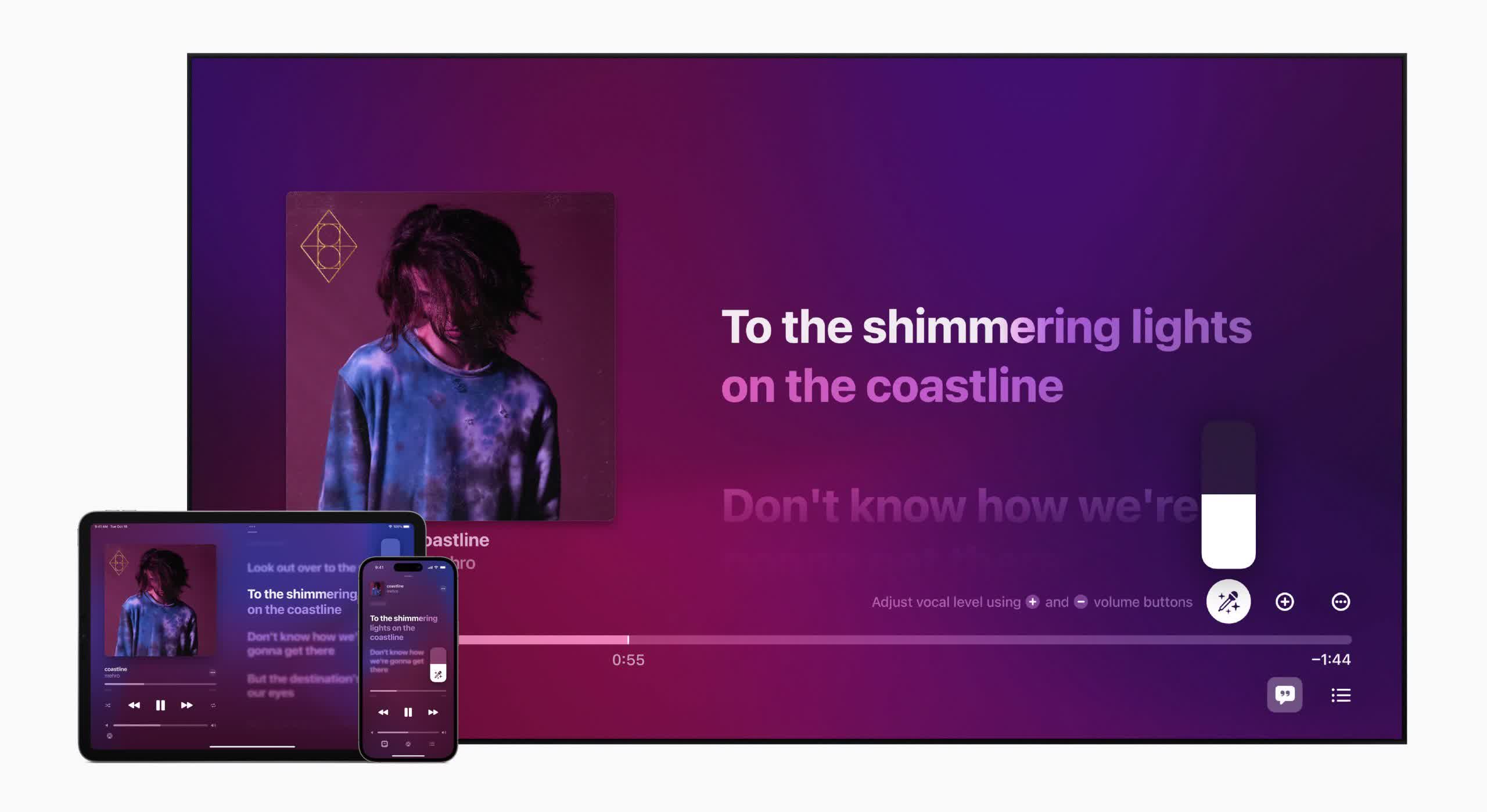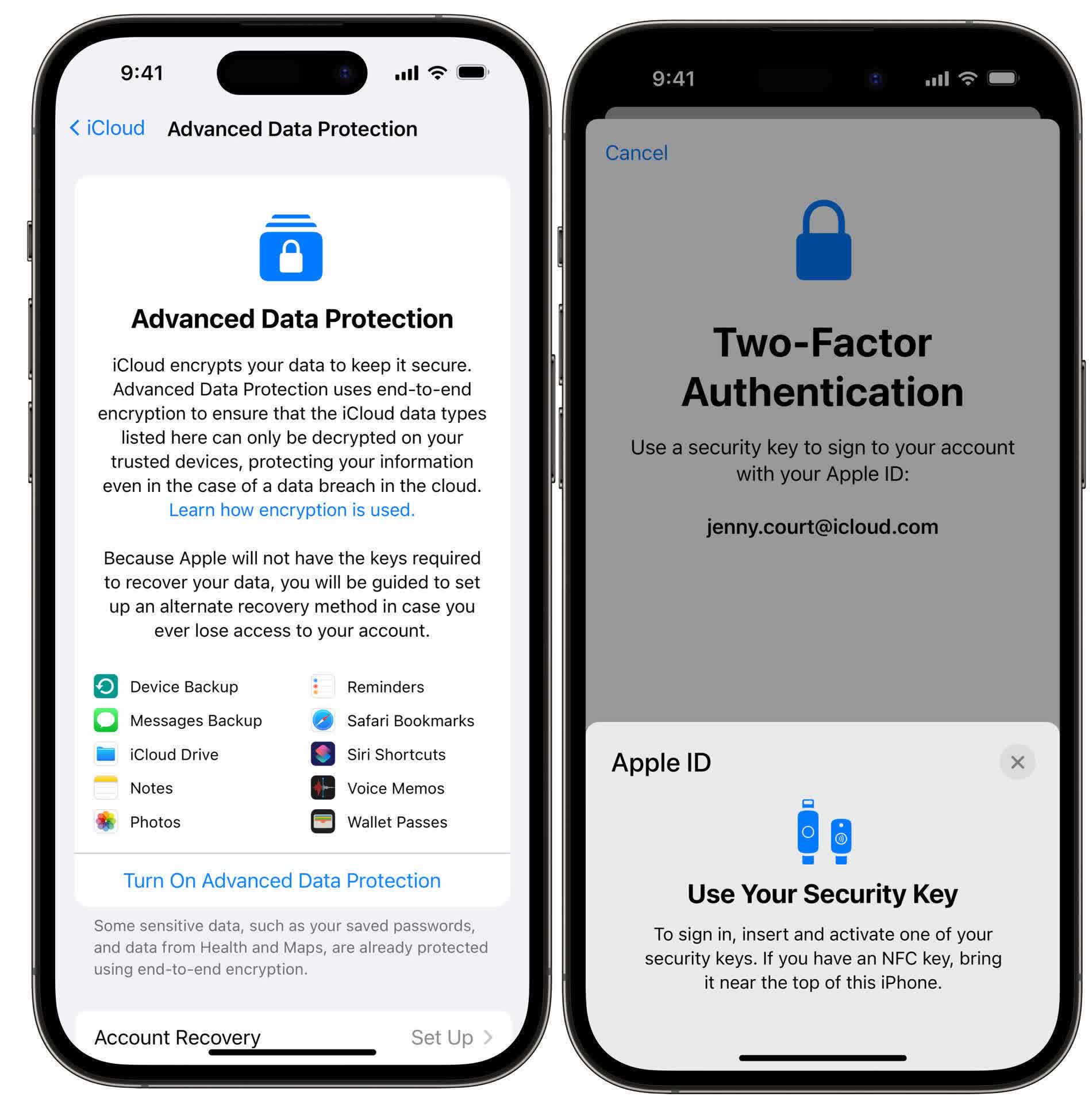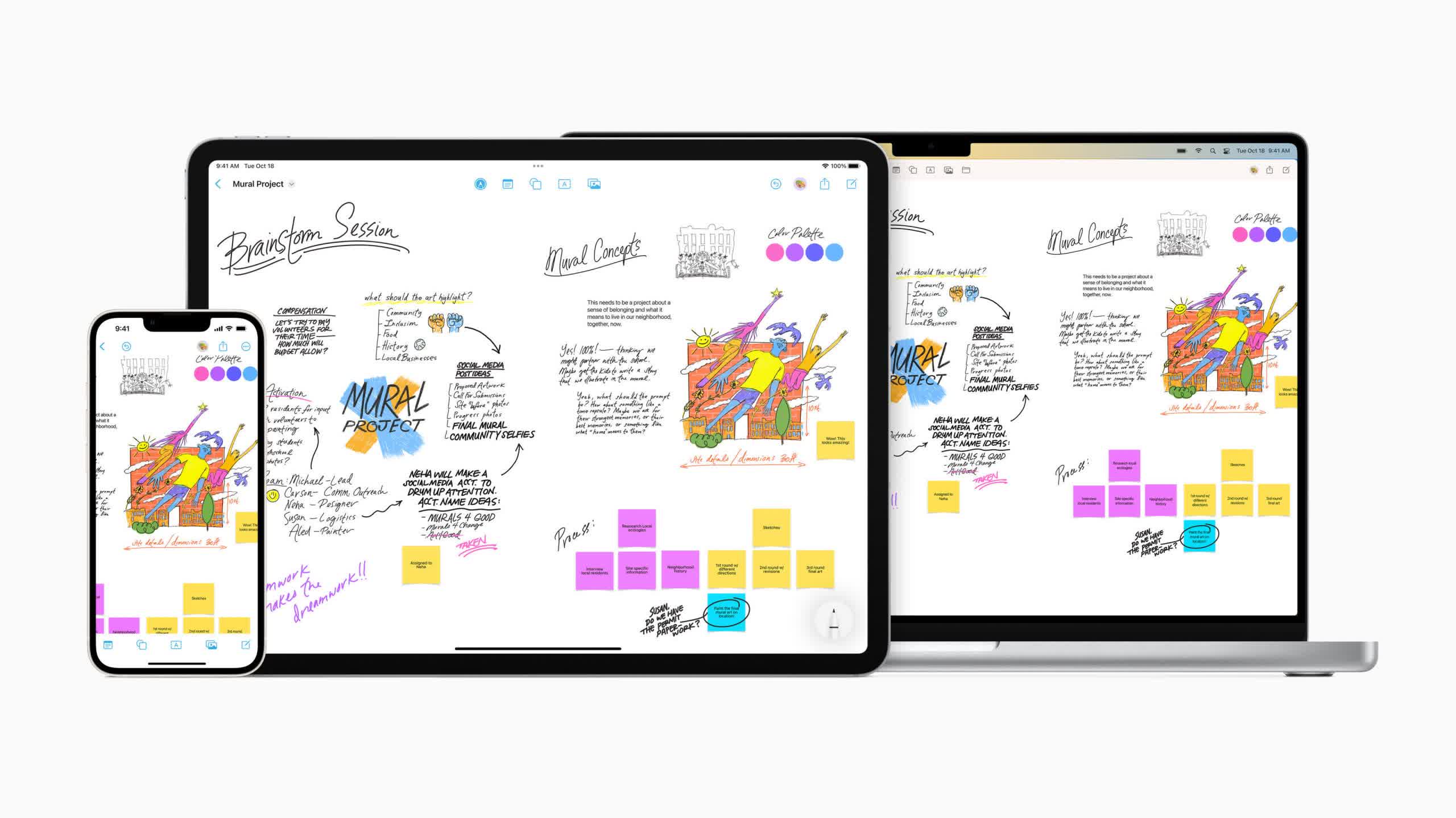In brief: Apple's latest updates bring an eclectic grab bag of new productivity, music, and security features to most of its products. Users not interested in the company's latest software should still install the updates for their essential security fixes. Even iPhone users who can't upgrade to iOS 16 receive an update to patch vulnerabilities.
This week, Apple released major updates for the iPhone, iPad, Mac, and Apple Watch. The latest updates --- iOS 16.2, iPadOS 16.2, macOS 13.1, and watchOS 9.2 --- introduce new collaboration, entertainment, and security features.
One new feature is Freeform. It works as a sort of cloud-synched digital whiteboard that teams can access from their Macs, iPhones, and iPads. Multiple users can annotate the whiteboard with various brushes or drop files onto it for their teammates to see. Freeform accepts photos, PDFs, web links, charts, sticky notes, video, audio, and other documents. Users can double-tap files to preview them or start Facetime calls without leaving the app. The feature lets up to 100 users collaborate, synching projects across devices through iCloud.

Apple Music subscribers can look forward to Apple Music Sing, which adds real-time lyrics for karaoke functionality to songs they stream through Apple Music. Subscribers can independently adjust main, background, and duet vocals to sing along with friends.
A new battery-conservation feature added to iOS 16.2 allows iPhone 14 Pro and Pro Max users to hide the wallpaper and notifications in the Always-On screen. The option might also help users who find them distracting when sitting their phones down.
Game Center got a neat functionality that lets users jump from FaceTime calls into multiplayer games together. Apple also added new Apple TV and Home features. Aside from those fun features, the update has important security fixes.
Apple has also extended end-to-end encryption to iCloud Backup, Notes, and Photos for users in the US. The expanded protection will reach users in other countries early next year.

The company also announced support for physical login security keys and an extra layer of iMessage verification, but those aren't set to arrive until 2023. The new iMessage feature, Contact Key Verification, is another attempt by the Cupertino giant to thwart attacks that might target journalists, politicians, and other public figures. When users activate the feature, it alerts them if an attacker manages to breach Apple's cloud servers and snoop on iMessage conversations. Contact Key Verification uses Contact Verification Codes that users can compare in person or over a call.
Practically every OS update comes with fixes for vulnerabilities, but Apple's update this week includes a lot more than usual. It patches multiple kernel, WebKit, and other vulnerabilities for iPhones, iPads, Macs, and Apple Watches.
Additionally, Apple released iOS 15.72 this week to fix some actively-exploited vulnerabilities for older devices. The catch is that the patch is only available to products that can't upgrade to iOS 16, including iPhone 6s, iPhone 7, 1st-generation iPhone SE, iPad Pro, iPad Air 2, 5th-generation iPad, iPad mini 4, and the 7th-generation iPod Touch. All newer phones and tablets must move to iOS 16 to receive the security updates.
Aside from the patching vulnerabilities, watchOS 9.2 brings a few new features to Apple's wearable. Users can now compete against their previous performances in Outdoor Run, Outdoor Cycle, and Outdoor Wheelchair using Race Route. In the US, Outdoor Run receives the ability to detect when users arrive at running tracks and can feed them metrics specific to that track. The new update also improves kickboxing metrics, AirPod noise-canceling features, hand gesture detection, and more.
